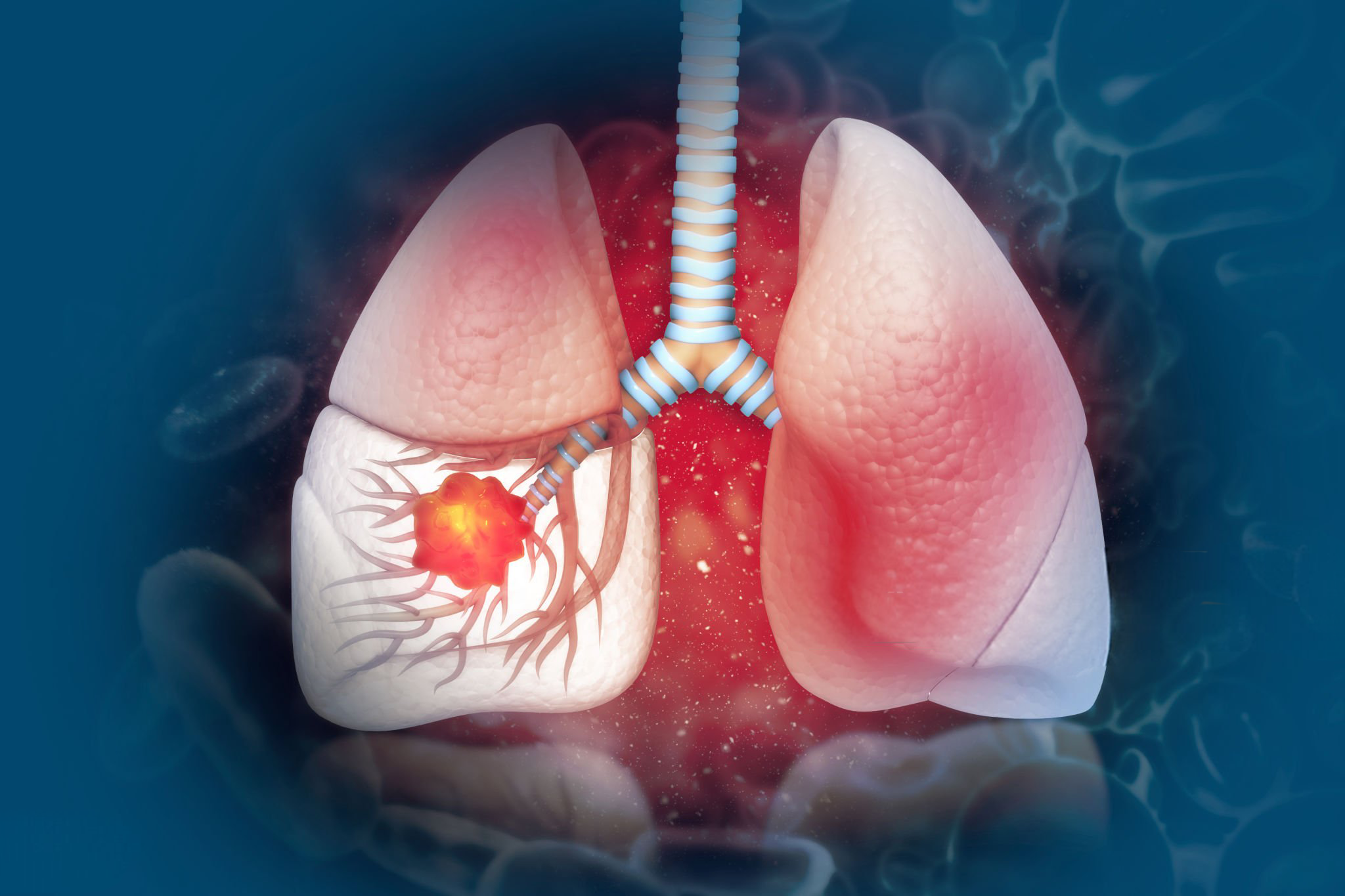- admin
- 0 Comments
Archives

Understanding Lung Cancer: Detailed Insights, Diagnosis, and the Benefits of Cancer Marker Tests
Lung cancer is a serious and often life-threatening disease that originates in the lungs. It is one of the most common cancers worldwide and can significantly affect an individual’s quality of life and survival rates. There are two primary types of lung cancer: Non-Small Cell Lung Cancer (NSCLC), which accounts for the majority of cases, and Small Cell Lung Cancer (SCLC), known for its rapid growth and spread.
Symptoms of Lung Cancer
The symptoms of lung cancer can be varied and may not appear until the disease is advanced. Common symptoms include:
Persistent Cough: A chronic cough that does not go away or changes in character.
Coughing Up Blood: Even a small amount of blood in the sputum can indicate lung cancer.
Chest Pain: Pain that is constant and may be worse with deep breathing, coughing, or laughing.
Shortness of Breath: Difficulty breathing or a feeling of being out of breath.
Hoarseness: Changes in the voice, such as hoarseness or a deeper tone.
Unexplained Weight Loss: Losing weight without trying or loss of appetite.
Fatigue: Persistent tiredness and lack of energy.
Frequent Lung Infections: Recurring infections like bronchitis or pneumonia that do not respond well to treatment.
The Role of Cancer Marker Tests in Diagnosing Lung Cancer
Cancer marker tests are critical tools in the diagnosis and management of lung cancer. These tests measure specific substances, often proteins, in the blood or tissues that are associated with cancer. In lung cancer, several markers can be indicative of the presence and progression of the disease.
Cancer Marker Tests: Key markers for lung cancer include carcinoembryonic antigen (CEA), cytokeratin fragment 21-1 (CYFRA 21-1), and neuron-specific enolase (NSE). Elevated levels of these markers can suggest the presence of lung cancer and help in monitoring treatment response and detecting recurrence.
Benefits of Cancer Marker Tests
Early Detection: Cancer marker tests can identify lung cancer in its early stages, improving the chances of successful treatment.
Monitoring Treatment: Regular testing allows doctors to track the effectiveness of treatments and make necessary adjustments.
Recurrence Detection: These tests help detect cancer recurrence early, facilitating prompt medical intervention.
Non-Invasive: Cancer marker tests are minimally invasive, typically involving just a blood sample, making them easier and less stressful for patients.
Take the Cancer Marker Test at Home
Our at-home cancer marker test service provides a convenient and comprehensive solution for lung cancer screening. Here’s why you should choose our service:
Blood Sample Collection from Home: Our certified medical staff will come to your home to collect the blood sample, ensuring convenience and comfort.
Certified Medical Staff: Our professionals are highly trained and certified, providing top-quality medical care during the sample collection process.
Precise Reports from CAP Accredited Labs: The blood samples are analyzed in CAP-accredited laboratories, guaranteeing accurate and reliable results.
Online Doctor Connection: Once your results are ready, you can easily consult with a doctor online to discuss your results and receive expert medical advice.
Take control of your health with ease and confidence. Schedule your at-home cancer marker test today for reliable and convenient lung cancer screening.

Other Services
Thyroid test at home
Error: Contact form not found.


